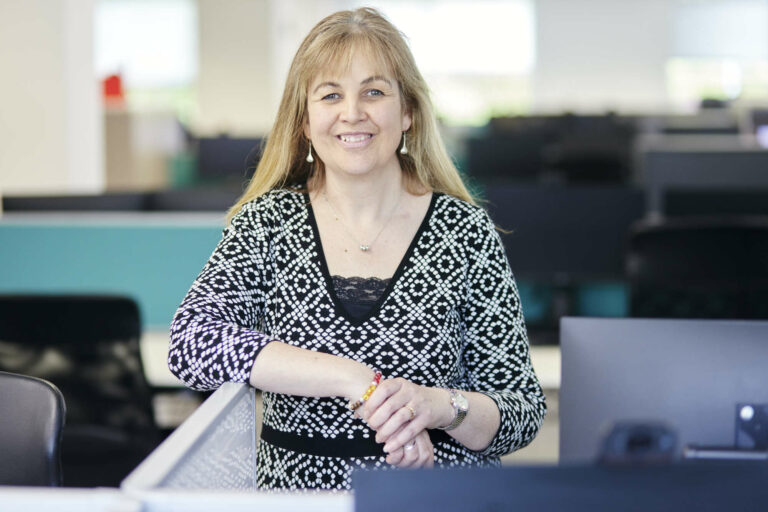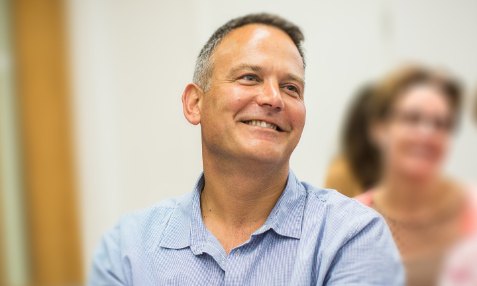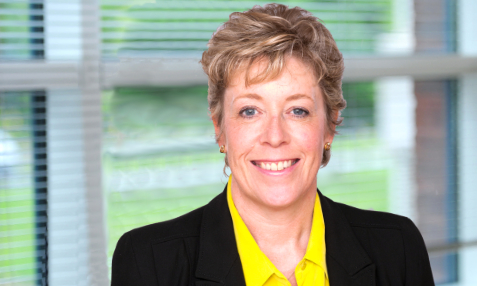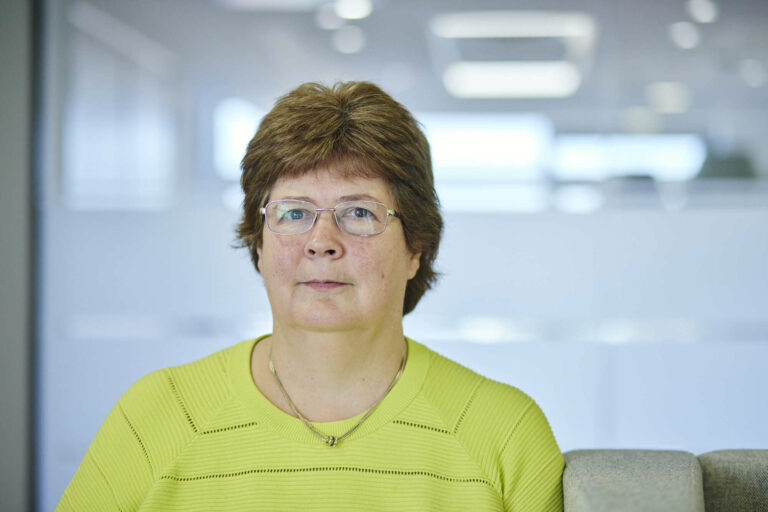
For any couple that loses a baby, it’s one the most devastating losses imaginable. For families where the circumstances of the death mean that an inquest then has to take place, the thought of having to attend can be daunting and overwhelming, especially when paired with the emotions they are already experiencing.
Most inquests take place within 6 months of the death they are investigating, but it can take longer if the Coroner has requested additional evidence to help them with the inquiry. For the parents of the baby who died, this period of time can be very difficult. Many of our clients have told us that they don’t feel able to even start the grieving process until the Inquest has taken place, as they still have so many unanswered questions surrounding what happened. If you’re struggling during this time, it is important to seek help and support from loved ones, medical professionals and/or specialist charities.
Why is there an inquest into my baby’s death?
An Inquest is a public hearing led by a Coroner if the cause of death is unclear. As it is a public hearing, you can take people with you for additional support if you want.
The purpose of an Inquest is not to apportion blame or hold anyone responsible for your baby’s death. It is an inquiry into the circumstances surrounding a death. The aim is for the Coroner to provide answers to the following questions:
- Who has died;
- When they died;
- Where they died; and
- What was the cause of death
This process can be difficult for families who feel a person or organisation was responsible for their baby’s death, because it needs everyone involved to go through what happened before the death.
How will the coroner involve me in my baby’s inquest?
A Coroner’s officer usually acts as a liaison between the family and the Coroner and keep the family up to date with what is happening in the lead up to the Inquest. You can contact them if you have any queries or concerns regarding the Inquest.
To enable the Coroner to gain a clear picture of the lead up to your baby’s death and to help establish what caused their death, witnesses can be called to attend the hearing. Witnesses are often people who were involved in the treatment you were provided around the time your baby passed away (Doctors, Midwives etc). If you believe further witnesses should be called, you can raise this with the Coroner’s Officer. You can request copies of statements provided by the witnesses, together with any other evidence they have obtained, prior to the inquest.
If the Coroner believes it necessary, they will instruct a medical expert (quite often an obstetrician, midwife or neonatologist) to look at the events and provide a written report to the Court. This report will comment on the treatment provided in the lead up to the baby’s death and raise any areas of concern. If an expert is instructed, a copy of the report will be sent to all interested parties (usually the family and the hospital trust). The Coroner will decide whether it is necessary for the expert to attend the inquest to provide further guidance/clarity on the issues.
If you are not called as a witness, it is a personal choice as to whether you attend the inquest. Some families find it helps to hear the evidence and understand the circumstances. For others it is simply too painful.
During the inquest, if you attend, you will be able to raise questions with the witnesses, to help you understand what happened. If you prefer you can send any questions to the Coroner’s Officer ahead of the Inquest and ask the Coroner to raise them.
There are several verdicts the Coroner can return such as the death being caused by natural causes; misadventure, accidental death, neglect or something else. Coroners can also return a narrative verdict, which reports the circumstances of the death. Again, this can be difficult and frustrating for families if they believe their baby’s death was caused by substandard treatment or by acts/omissions of a medical professional or organisation.
Who can support me during an inquest?
It is important to us that our clients feel supported when they are at their most vulnerable. We can arrange specialist advice and representation for our bereaved clients at inquests, or we can provide support and guidance to clients who choose to represent themselves.
It is not a requirement for bereaved families to have legal representation at the inquest. However, as it is likely to be an extremely emotional process some families welcome this additional support from someone who has already experienced what’s involved with an inquest.
If it is identified that there could be a potential medical negligence claim prior to the Inquest, it is often helpful for the family to be represented, as information can come to light which will help with the claim.
If legal representation seems too much, there are many helpful charities who can support in the lead up to the Inquest. Their volunteers can provide emotional and practical support to bereaved families.
- The Coroners’ Courts Support Service(CCSS) a registered charity who provide support to bereaved families during an Inquest.
- Bereavement Advice Centre
- AvMa (action against medical accidents)
- Lullaby Trust
- The Compassionate Friends


















